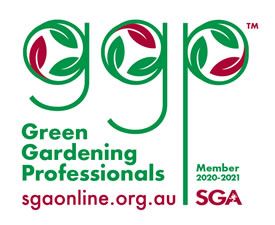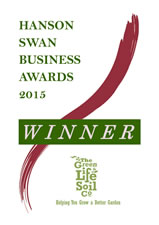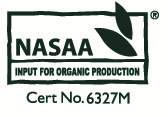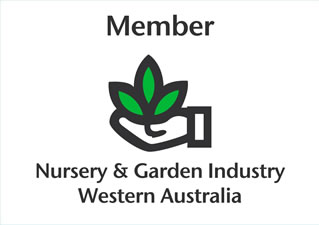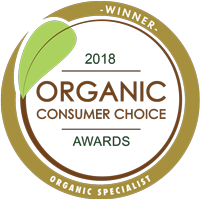| item(s), Total: $0.00 View Cart |
| Shopping cart is empty. |
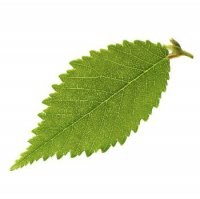 Welcome to Autumn! Welcome to Autumn! We're excited because the best time to garden in Perth is this season!!! There's LOADS to do in the garden at this time of year and we hope this newsletter will inspire you to get outside.
Gardening is a wonderful way to nourish your body with gentle exercise and your mind with relaxing, purposeful tasks - and if you're growing edibles, you get to nourish your body from the inside too, with the freshest and tastiest produce you grow.
We're madly working on things for the Perth Garden Festival - 27-30th April. We hope you'll come along this year to check out the displays, hear the talks and say hello to us on our stand. We've got some exciting new products which we'll be launching so we can barely contain ourselves!
We hope to see you soon down @ Green Life. Why not check out one of the amazing workshops scheduled through to end June; there's even more learning on offer to harness that inspiration and match it with knowledge to get out and grow!
Until next time,
Happy Gardening!
Linda & the Team @ The Green Life Soil Co
Soil pH - what does it mean? (and check out our brand new downloadable reference chart)
Preparing your garden for autumn planting - what products do I need? SOIL pH
The scale goes from 0 to 14, and right in the middle - around 7 - is considered neutral. Anything less than 7 is termed 'acidic' and anything above 7 is termed 'alkaline'. Most plants grow well in a soil that has a pH level of between 5.5 - 8, as a rough guide. And this is the part where it gets interesting to gardeners. The table right lists the major nutrients required by plants, and if you read up & down the columns between 6 - 7.5 ish, you will see that the bands are fattest here on average for most of them. The width of the band is an indication of how available that nutrient is to your plants. So if your soils are too low OR too high on the scale, it doesn't matter if you are pouring nutrients into your soil - they simply can't be accessed by your plants; and they will most likely be showing signs of nutrient deficiency. It has to do with the electrical charges of the elements and how they are exchanged in water in the soil and taken up by plants . If you find this stuff fascinating I suggest you Google 'cation exchange' or come and talk to Paul. He loves it. I would rather stick pins in my eyes. Anyhoo... Let's get back to gardening. How to test your soil pH
Many cheaper meters can be a bit dodgy, and the powder test kits don't last forever (about 12 months). But the issue is to do comparison tests on different things. If you're getting exactly the same reading no matter what you're testing, chances are your kit isn't working. Take a sample of the soil from about trowel depth down. You don't need much - less than half a cup. It's a good opportunity to check out the soil health generally. Is it moist? Is it hard to dig into due to roots everywhere? These can be useful clues to the overall health of your garden. Try a few different spots around your garden as a comparison if you're testing at home. The test kits are simple to use, and come with instructions. Make sure you read the colour comparison chart in daylight, and try to do it in the same lighting conditions every time. You'll be amazed how different things can look just due to light conditions. If your soil reads either high or low on the scale, don't stress. There are things that can be done to improve it. Also if testing your soil, don't forget the other factor - your water. Particularly if you have a bore, it's worth testing your water's pH, and possibly salt content. Your local pool supply shop will usually test your water for free. How to amend your soil pHFirstly, DON'T PANIC! Soil pH isn't necessarily the only assurance of a healthy garden. We have seen fantastic results in gardens that are reading higher than you would expect for healthy growth. Organic matter (compost, aged manure, etc.) 'buffers' pH; which means it helps. This is due to the microbial activity in the soil that generally feed on organic matter. It is soil microbes that make nutrients available to plants, so a healthy soil biology will make a huge difference. Feed your soil with good quality organic matter (and quite a bit of it) regularly. There are other things you can do to either lower or raise your pH. How to raise the pH of your soil (what to do if your soil is acidic)
It is usually easier to raise the soil pH than to lower it - so consider yourself lucky! How to lower the pH of your soil (what to do if your soil is alkaline)
It can be more difficult to manage soil pH in these areas, but there are things you can do. Choose general landscaping plants which cope well with alkaline conditions. There are some lovely plants; and a good nursery or landscape designer can help you choose what will suit the type of garden you're wanting. Working with nature will always give you better results than fighting it. If you MUST grow acid loving plants, you will most likely need to bring in soil, or you may have better luck growing these plants in containers, where you can continue to control conditions. Adding aged organic matter will help; although do check what you're using as many composts can be alkaline, as is fresh manure. Look for soil mixes and conditioners/fertilizers that state they're for acid loving plants - azaleas, camellias, gardenias etc. (At Green Life we do some lovely acid soil mixes, so have a chat with us.) Acidic mulches (pine needles for example) are also worth using; but this is a very long term approach, taking years to have an effect as the material slowly decomposes. To bring down the soil's pH more quickly you can use Iron Chelate - this is mixed with water and applied with a watering can to the soil. It will probably need to be repeated at regular intervals unless you're doing other things to improve the soil long term.
Sulphur can have a detrimental effect of beneficial soil fungi (it is afterall used as an effective fungicide), so it is best used in conjunction with organic gardening practices to restore healthy soil biology. So - if you'd like help to amend the pH of your soil, come and see us. We can do a pH test (if we're busy we may ask you to leave a sample with your details so we can do the test later & contact you with results) plus we have a range of minerals and soil amendments we can recommend.
If you're curious what "recommended" pH levels are for particular vegetables and some fruit crops, check out our BRAND NEW downloadable chart, right here! PREPARING FOR AUTUMN GROWINGYes - it's that time of the year to replenish beds and get growing! If you're not sure what products might be useful, we've compiled this little decision tree which might help. Feel free to contact us to discuss your needs - we'd be happy to provide you with options. WHAT TO PLANT NOW
Artichokes, beetroot, bok choi, broccoli, brussels sprouts (if you're game or curious - but good luck in Perth), cabbage, carrot, cauliflower, celery, kale, kohl rabi, leek, lettuce, onion, parsnip, peas, radish, silverbeet, spring onion, spinach, swede, turnip. Remember to keep delicate seedlings protected if we have a few hot days. For our free downloadable 'when to sow' guide - click here. Also it's a great time to plant herbs like: Coriander, dill, endive, mint, parsley, rocket, oregano, rosemary, chives, etc. For more info on when to plant herbs, check out our free downloadable chart here. We've got some fabulous in-season seedlings coming through every week - normally, fresh stock is delivered Saturday morning if you're wanting to get in quick! We've also got a big range of heirloom seeds available, so come and check them out. Remember to have a look out our free '12 Edible Plants for Autumn/Winter' guide - click here for more info - should you be wanting a little more help.
|

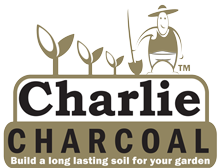

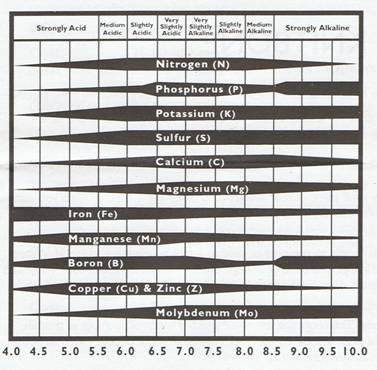 Who loves Chemistry? Certainly not me. But pH really is of interest to gardeners, and I'll try to explain just why. The pH scale was invented in 1909 by a Danish bloke called Søren Peder Lauritz Sørensen. Obviously brought about by the long winter nights and before Facebook was invented, with time on his hands he came up with something that measures "potential Hydrogen" in stuff.
Who loves Chemistry? Certainly not me. But pH really is of interest to gardeners, and I'll try to explain just why. The pH scale was invented in 1909 by a Danish bloke called Søren Peder Lauritz Sørensen. Obviously brought about by the long winter nights and before Facebook was invented, with time on his hands he came up with something that measures "potential Hydrogen" in stuff. If you suspect your plants may not be happy, it is always worth conducting a test on your soil. If you have particular patch not doing so well, and have ruled out environmental factors (less sun, less water, root competition, more compacted soil, etc.) then consider the pH. We are happy to test a sample of your soil for you, or you can purchase meters and test kits to use yourself at home. We sell the Innoculo test kits (pictured right) @ GLSC.
If you suspect your plants may not be happy, it is always worth conducting a test on your soil. If you have particular patch not doing so well, and have ruled out environmental factors (less sun, less water, root competition, more compacted soil, etc.) then consider the pH. We are happy to test a sample of your soil for you, or you can purchase meters and test kits to use yourself at home. We sell the Innoculo test kits (pictured right) @ GLSC. Generally in Perth, clay areas near the river, and the laterite (gravel) clays in the hills tend to be more acidic. To raise soil pH, we recommend using gardeners lime (not the same thing as builders lime) or dolomite (pictured here); which provides calcium and magnesium. Dolomite occurs as a type of limestone.
Generally in Perth, clay areas near the river, and the laterite (gravel) clays in the hills tend to be more acidic. To raise soil pH, we recommend using gardeners lime (not the same thing as builders lime) or dolomite (pictured here); which provides calcium and magnesium. Dolomite occurs as a type of limestone.  Much of Perth's sandy soil is unfortunately alkaline. Limestone is naturally very high on the scale, and sand from weathered limestone makes up most of the soil in coastal areas especially.
Much of Perth's sandy soil is unfortunately alkaline. Limestone is naturally very high on the scale, and sand from weathered limestone makes up most of the soil in coastal areas especially. The other option is to add sulphur to your soil (pictured here). To lower the pH of the top 100mm of soil use sulphur at a ratio of Sand 30gms/m2, Loam 60gms/m2, Clay 80gms/m2.
The other option is to add sulphur to your soil (pictured here). To lower the pH of the top 100mm of soil use sulphur at a ratio of Sand 30gms/m2, Loam 60gms/m2, Clay 80gms/m2.  We are pretty excited about a brand new product - "Charlie Charcoal" - a premium grade horticultural charcoal we are now using in some of our mixes which will soon be available as a packaged product for you. It has a very low pH naturally, and so combining it with more alkaline soils really helps to restore balance. Plus charcoal brings other huge benefits in improving soil structure and water holding ability. So come and check it out!
We are pretty excited about a brand new product - "Charlie Charcoal" - a premium grade horticultural charcoal we are now using in some of our mixes which will soon be available as a packaged product for you. It has a very low pH naturally, and so combining it with more alkaline soils really helps to restore balance. Plus charcoal brings other huge benefits in improving soil structure and water holding ability. So come and check it out!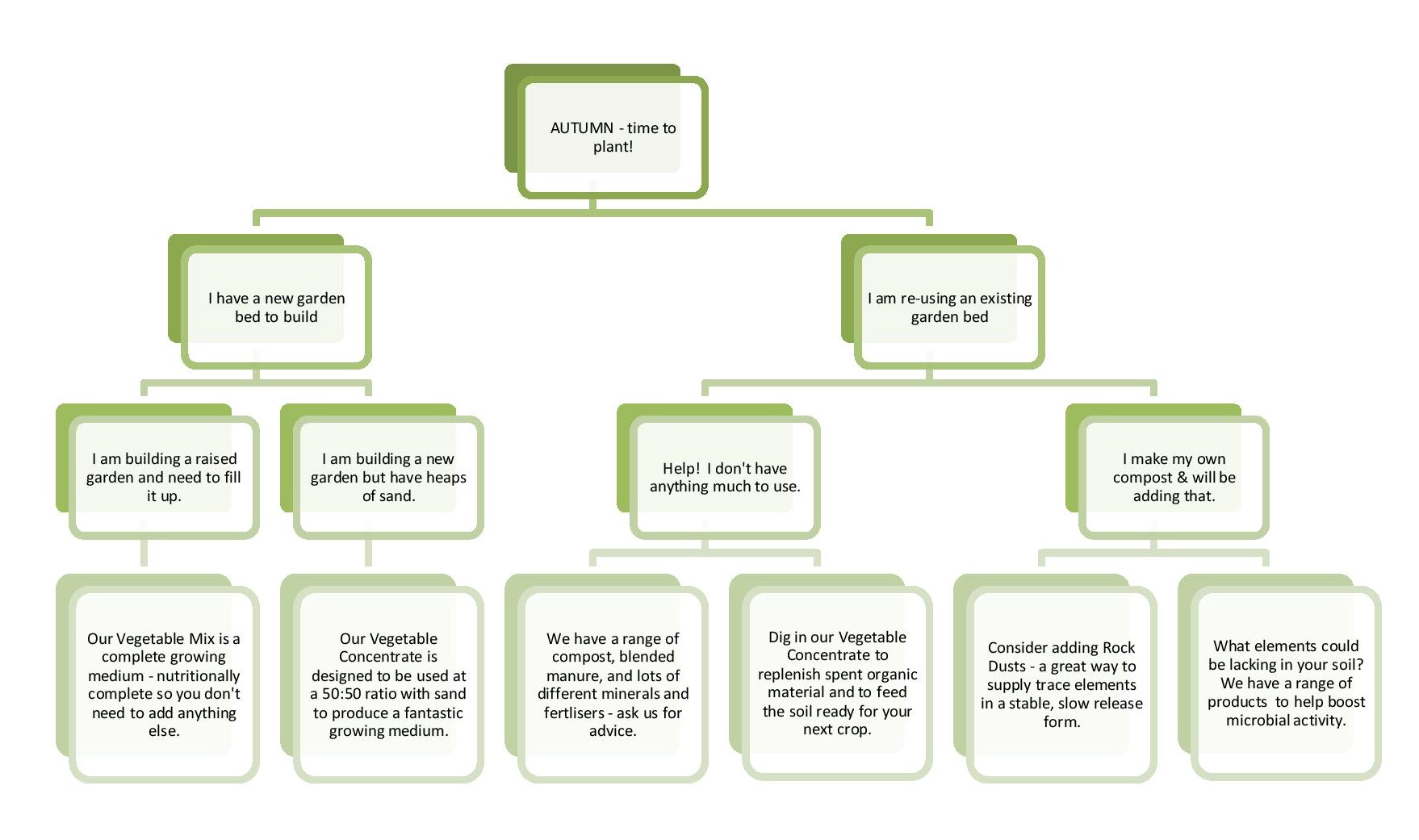
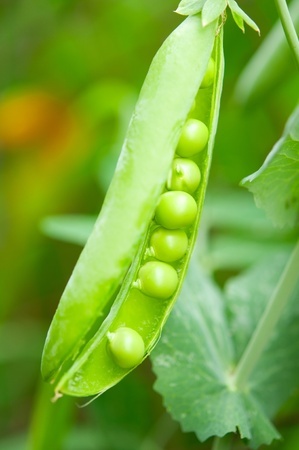 March brings the perfect opportunity to get into the garden and plant:
March brings the perfect opportunity to get into the garden and plant:
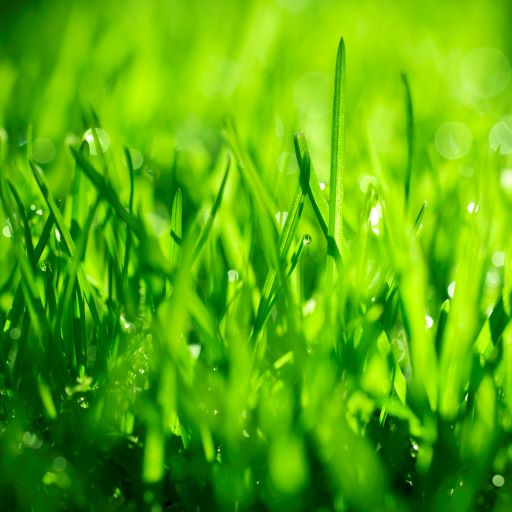 Autumn & into the start of winter is a great time to fertilise your lawn. Usually it's good to do this just before the rains start... with our unusual summer I'm not even going to try to predict this - but maybe be prepared. Stock up, give your lawn some TLC and weed areas if necessary, Fork over any compacted areas and apply our top dress mix if it's necessary (depending on the overall health of the grass).
Autumn & into the start of winter is a great time to fertilise your lawn. Usually it's good to do this just before the rains start... with our unusual summer I'm not even going to try to predict this - but maybe be prepared. Stock up, give your lawn some TLC and weed areas if necessary, Fork over any compacted areas and apply our top dress mix if it's necessary (depending on the overall health of the grass).  We're thrilled to have even MORE workshops to add to our list coming up over the next few months:-
We're thrilled to have even MORE workshops to add to our list coming up over the next few months:-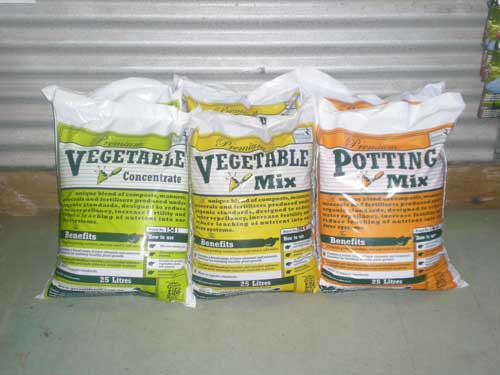 Thanks to all who responded to our call on Facebook to vote on your preferred VIP offer for March.
Thanks to all who responded to our call on Facebook to vote on your preferred VIP offer for March.







